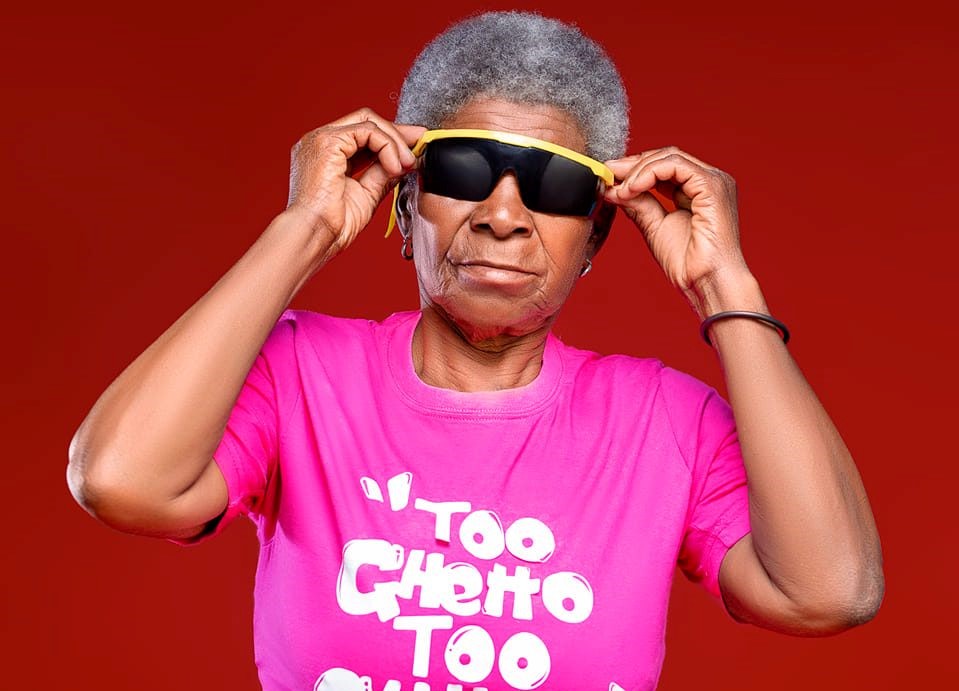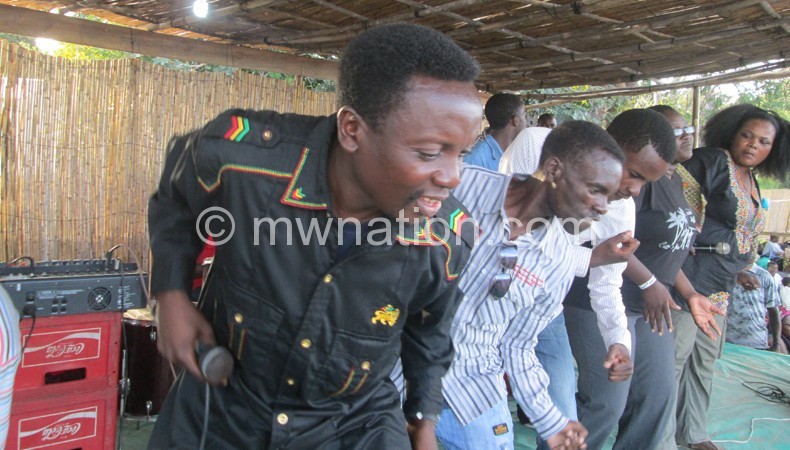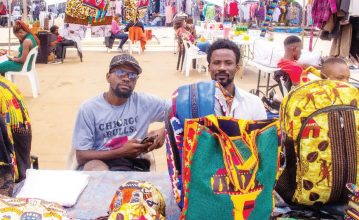Heart of Umunthu
 It is a 10-track album with two themes: love and life’s everyday struggles. But how does Maskal use the African philosophy of Umunthu—the album’s title, to explore these two themes? EPHRAIM NYONDO digs deep.
It is a 10-track album with two themes: love and life’s everyday struggles. But how does Maskal use the African philosophy of Umunthu—the album’s title, to explore these two themes? EPHRAIM NYONDO digs deep.
Nelson Mandela—the world’s most important man according former UK prime minister Gordon Brown—understands the African philosophy of Umunthu )well.
When he was asked to define it, like Jesus Christ, another greater teacher, he did so by telling a story—or call it a parable.
“A traveller through a country would stop at a village and he didn’t have to ask for food or for water. Once he stopped, the people gave him food, entertained him. That is one aspect of Ubuntu (Umunthu),” he began.
And he continued.
“Of course, Ubuntu does not mean that people should not enrich themselves. The question, therefore, is: Are you going to do so to enable the community around you to be able to improve?” he ended there.
Mandela’s story underlines the community aspect—the power of people’s allegiances and relations with each other in a society— that a number of great African thinkers have laid across in trying to get to the heart of Umunthu philosophy.
In fact, what Mandela says is exactly what Evison Matafale sang in Yanga’na Nkhope, and almost a carbon copy of what Liberian peace activist Leymah Gbowee meant when he spoke so much in few words, saying Umunthu simply means: “I am what I am because of who we all are.”
Since 1846 when Umunthu began to appear in written literature, the philosophy has inspired many people.
In political science and bio-ethics and philosophy, scholars and researchers have used it widely to instil values in their respective professionals.
Interestingly, in the arts as well, Umunthu has been the source of inspiration for painters, novelists, poets, dramatists, and most importantly, musicians.
Take Bob Marley for instance.
He drunk deeper from the wells of Umunthu philosophy, notably from the writings of Marcus Harvey and used it not just to unite warring nations and African brothers and sisters in diaspora, but also to fight Western oppression of Africa through colonialism.
So, is Maskal’s second album, Umunthu—set to be launched tomorrow—a product of this philosophy?
“I started writing the album last year. I was thinking a lot about what was happening around me as an artist, as a person, and also, a member of society,” says Maskal, real name Masiye Kansalu.
His first album, Nthawi, is a story of a person mixing hope and desire in the cooking pot of reality. It is an album in which Maskal celebrates the agency of time and space, and how, tenacity and determination set him on the right path to his dreams.
“I met both in the journey: love and scorn. But love from those that cared, built me; and from that I saw a symbol of Umunthu—that we all need others, even when they are not there, to grow and achieve our great dreams.
“Most of my songs in the album, then, are a celebration of this great African philosophy. It is a philosophy that inspired every song in the album,” he says.
If you listen to all the songs in the album, you do not feel a different Maskal you met in Nthawi, the first album.
His themes continue to be defined by conspicuous absence of urban culture: clubbing, booze, women and fashion. He is still Maskal of two themes: love and life’s everyday struggles.
“I write about my society—daily struggles of my people, of myself, and man’s search for comfort in love and hope and God. I would be irrelevant if I wrote and sing about things that I imagine, things that don’t exist in the world I live in,” he says.
Most of the love songs in Umunthu—for instance, Umamva Bwanji, Chikondi and Zili ndi Iwe—are about a person’s inquisition to get to the depth of his/her lover.
“Love—its presence or lack of it—is central to humanity. It shapes personal behaviour; eventually, shaping society. I bring in the concept of Umunthu to make love valuable, make it a precious gift that should be shared with mutual respect and trust. I believe these are values that hold society and they are shared,” says Maskal.
Equally moving in the album is Maskal’s entry in uplifting the souls of the downtrodden, those caught in life’s battle for survival.
Listen to Kudzagwa Mvula (one day it will rain) and Akanapanda Kudziwa. In Akanapanda Kudziwa, Maskal delves into the waves of stigma facing those living with HIV.
“It’s a true story. I know an HIV positive friend who contemplated dying because he was fed up with being discriminated against.
“In fact, he told me he regrets having gone for a test. After listening to him, I wondered, where is our Umunthu? I think the fight against HIV and Aids should take the Umunthu approach,” he says.
Surely, we live in a society paralysed by hate, discrimination and warfare. Healing such a society is a complex process demanding varying interventions. And the African spirit of Umunthu is one such.
Definitely, Maskal’s album invokes that spirit—a spirit that every nation needs to uplift, to encourage to chart a new sense of purpose.





